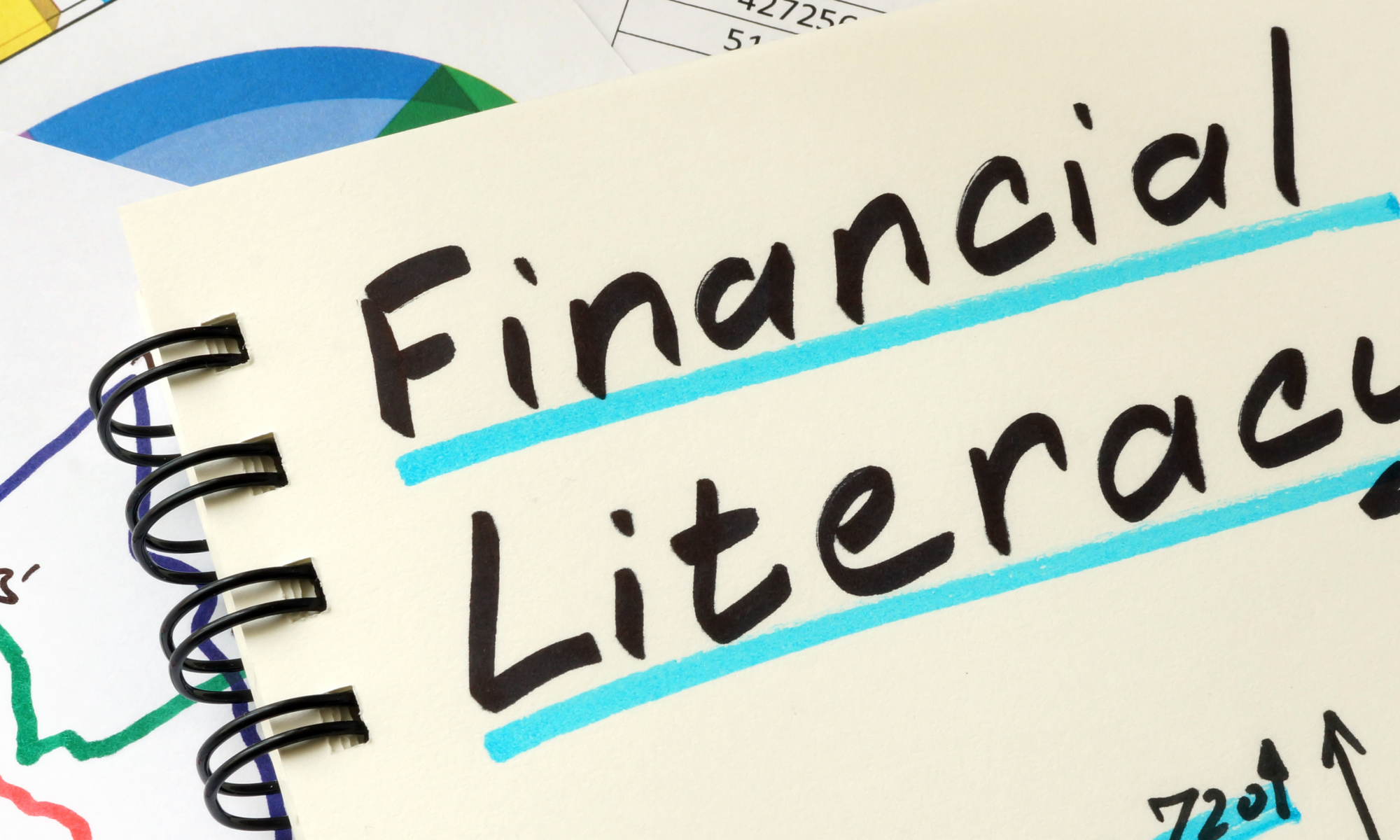Throughout my education career, I have learned how to integrate calculus functions, construct past imperfect Spanish and Latin sentences, and read dense historical texts. Yet, in fifteen years of education either directly paid or indirectly paid for through taxes, I never learned how mortgages worked, what makes up your credit score, and most of all, how to be financially responsible.
This past summer, I did something that our schools have failed to do: I taught myself how to be financially literate.
Over the four months I spent at home, I watched YouTube videos, read articles, and pushed myself to try and understand the stakes that exist when you need to understand how to be responsible with money. I learned about Roth IRAs, compounding interest, credit utilization, index funds, and so much more. Yet, if there was one thing that truly blew my mind throughout this whole process was coming to the general conclusion that not many people are aware of or have the privilege to take the time to learn all of this.
When it comes to financial education in public schools or schools in general, there are nearly no federal standards or requirements. In 2017, Champlain College’s Center for Financial Literacy gave out Financial Report Cards to every single state based on how well they taught financial education. Just five states received A ratings. Do you want to know what states those were? Alabama, Virginia, Tennessee, Utah, and Missouri. They mandate half a year in taking personal finance courses to graduate. Just 17 states require personal finance classes to graduate.
From an economic sense, it almost seems too obvious as to why there wouldn’t be financial literacy standards nationwide. Besides the fact that public schools are almost completely controlled on a state level, if everyone was taught how to budget correctly or know how to use credit responsibly, all the banks could not make the monstrous profits than they currently do. Corporations thrive on the lack of financial literacy, of compulsive spending, because as long they get a sale from you, it doesn’t matter the debt you could be taking on.
For many people across America, the fear of credit cards is a rational one. These companies are predatory if you do not know how to work in the system. We don’t just give people a car to drive without testing them (no matter how simple that training maybe). We don’t give people the chance to teach our students without being credentialed to be able to teach. Yet, for something as important as financial literacy, we just throw our citizens out in the open and expect them to figure out how to navigate this system.
I know I’m not a finance guru by any stretch of the imagination but I try to at least share some tidbits of info with my friends about applying for a credit card, using it responsibly, and starting your retirement account early so you can rake in compound interest. I send out links to channels like Graham Stephan or AskSebby or websites like Mint or NerdWallet. All of these places can just give you a simple jump on a way towards financial independence. Especially since I’m in Chicago, away from home, budgeting and being financially literate is imperative.
I am slowly getting more responsible and aware of my spending habits (note the coffee), but hopefully having a new job and living in a new place can help me build more responsible practices. It’s an evolving process, but if you can nail down just the essentials of spending less than you make, that alone can set you on a path towards success.
Being Noah Tesfaye #102: Financial Literacy Against the Odds
Thanks for reading this week! Follow me on Twitter if you want to ever discuss anything and hear my spontaneous thoughts. Also, if you want to see more of my work, visit my website!
Twitter: https://twitter.com/noahbball1
Website: http://noahtesfaye.com/

